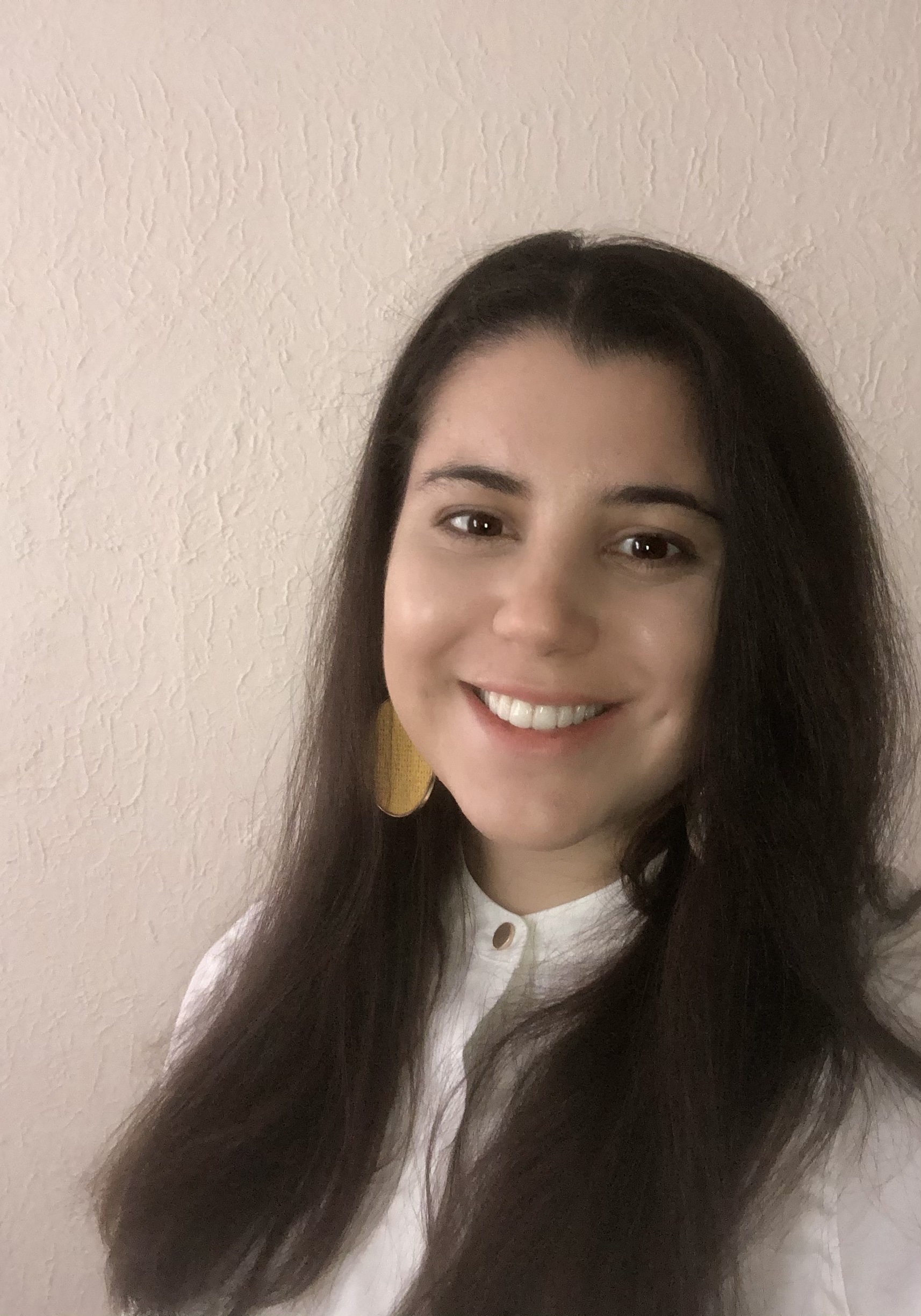First-year alumni updates: Catching up with Natalia
One of my favorite points in the blog-year is when we get to check in with recent Fletcher alumni. My hope is obviously that it’s interesting for readers to see the career paths our graduates chart both immediately and a handful of years after their time at Fletcher. Selfishly, though, it’s also an excuse for me to get in touch with folks who were great friends of our office during their student days to learn about what they’ve been up to.
We’ll start today with Natalia Espinosa Tokuhama, a MALD graduate from the class of 2020. Currently the Economic Integration Specialist for the Mayor’s Office for Immigrant Advancement (MOIA), she focuses on researching, piloting, and evaluating key economic integration policies and programs with strategic partners to strengthen the financial well-being of immigrants in Boston. Prior to joining MOIA, Natalia worked for the Quito city government in Ecuador on economic development, resiliency, and entrepreneurship. She has also worked with immigrant and refugee populations in Latin America. With a multicultural background and upbringing, Natalia is fluent in English, Spanish, and German and proficient in French. Her MALD concentrations were Negotiations and Conflict Resolution and Law and Development. Over to you, Natalia!
 On March 11th, 2020, around 10 AM in Cabot 206 I sat in what would be my last in-person class – at least until COVID-19 passed. My classmates and I agreed right before classes that this “exciting pause” would “at the very most last two to three-weeks.” We all seemed quite sure of this and we later learned that we were all quite wrong. We were mid-way through our International Humanitarian Law lecture when, all of a sudden, the power went out. Professor Dannenbaum calmly announced he would continue the class with the hopes that the power would return, and we would finish discussing the nuances of NIACs and IACs because this was an important lesson. The power did not return. In fact, for the next hour he continued to lecture in the dim light of the emergency exit sign, and my classmates and I continued to take notes in the dark. At the moment I remember thinking how bizarre the situation was, but I appreciate that people were doing what needed to get done without fussing over inconveniences.
On March 11th, 2020, around 10 AM in Cabot 206 I sat in what would be my last in-person class – at least until COVID-19 passed. My classmates and I agreed right before classes that this “exciting pause” would “at the very most last two to three-weeks.” We all seemed quite sure of this and we later learned that we were all quite wrong. We were mid-way through our International Humanitarian Law lecture when, all of a sudden, the power went out. Professor Dannenbaum calmly announced he would continue the class with the hopes that the power would return, and we would finish discussing the nuances of NIACs and IACs because this was an important lesson. The power did not return. In fact, for the next hour he continued to lecture in the dim light of the emergency exit sign, and my classmates and I continued to take notes in the dark. At the moment I remember thinking how bizarre the situation was, but I appreciate that people were doing what needed to get done without fussing over inconveniences.
Like many of my peers from the Class of 2020, I saw so many examples of Fletcher jumping into action and putting the lessons we learned in the classroom to use in the real world. Teachers, staff, students and alumni took a completely new, scary and uncertain situation and applied their best efforts at making the systems adaptable, identified areas of improvement, and quickly, efficiently and generously shared solutions to problems.
After graduation, my friends and I referred each other to positions, coached each other through virtual job interviews and celebrated every time one of us landed a position. A fellow Class of 2020 friend came across a job posting for the City of Boston in Immigrant Economic Integration work and called me to tell me “I saw this and thought you should apply.” I did and I will always be eternally grateful to her because the work is exactly the combination of meaningful and rewarding that I hoped for when I left my Latin American local government position to go to graduate school.
I now work for the Mayor’s Office of Immigrant Advancement and handle various economic integration programs and policies with kind and dedicated colleagues. I get to respond to foreign-born constituent needs, provide policy responses for city and federal funding use, and implement pilot projects to support holistic financial health of all Bostonians.
In my work as a public servant, I get to use the theoretical and academic knowledge gained from mentors who supported my research at Fletcher (shout out to Kim Wilson, Katrina Burgess, Diana Chigas, Eileen Babbitt and Jeswald Salacuse). I also get to use the many skills from the classes that were from “unrelated fields” such as the digital policy skills learned from Josephine Wolff and Susan Landau’s classes for policy work; the argumentation and legal document analysis skills gained from Joel Trachtman and John Burgess (boy, you really get good at reading long legal documents and finding the one key sentence to support your work); and the synthesis skills Sulmaan Khan taught me for every memo and email, and I mean every memo and email (he made sure of this). Finally, I’ve taken to modeling Tom Dannenbaum when unexpected and even inconvenient situations arrive: Working while acknowledging the imperfection of circumstances and moving forward with my best to ensure that those most affected by negative circumstances still get the respect and services they deserve. Even if it’s in the dim glow of an emergency exit sign.